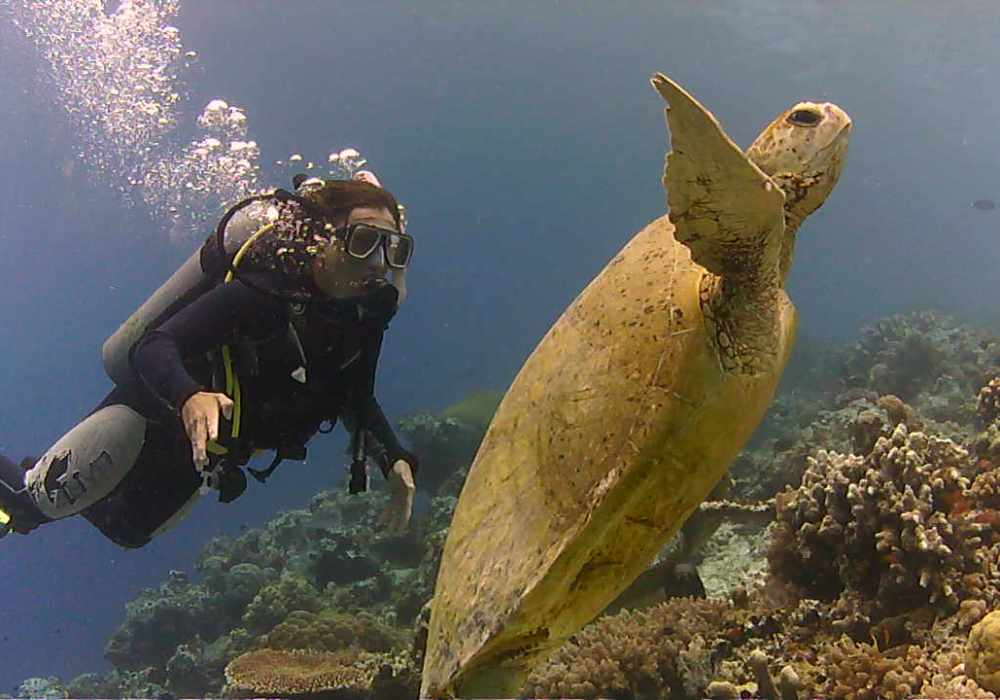
Family Gap Year Adventures, Chapter 9 – Malaysia
After two months in wonderful Thailand, our visas threaten to run out, and it is time to move south. Our next destination is Malaysia, and this is going to be an experience of culture and nature, the peninsular part with its history and traditions, the cities along the strait of Malacca tempting with their stories of trade, pirates and sailors, an echo of the enchanting past still resounding in the modern world of today. Then there is the eastern part, a slice of wild and untamed Borneo, where primeval forests are reaching their green arms towards the tropical sky, the layer of civilization thin, and only on the surface, the ecosystem is inherited virtually unchanged from thousands and thousands of years of human presence, however there is a snake in this paradise from the beginnings of time, corruption and greedy men that practice money logging, and trees are mysteriously disappearing from the pristine jungle.
Langkawi
We arrive by ferry from Satun, having a pleasant conversation with my neighbour in english, realizing with an even greater pleasure, that in this country we would actually be able to communicate with the local people, and this will be recomfirmed, again and again, even in the tiniest of villages. Our first impression is of a rich country, with an excellent infrastructure, malls and malls, and even more shopping malls. Things are more civilized, people are actually using the seatbelts in their cars, and my 16 year old daughter feels offended, that the scooter rentals require an actual driving licence, thus ruling her out from the drivers seat. Then there is the heat, it is an immense wall, the air you are moving trough feels solid, your brain is sending warning signals, as it is melting slowly, and as you walk by the inviting automatic doors, that belong to any of the enormous selection of shopping malls, the freezing blast of subarctic cold aircondition becomes irresistible, you are drawn inside, and see that it is the place, where the village life is revolving, as the streets are empty, and the malls brimming full. If you resist the siren call of the shopping mall, then a hammock under a ventilator is the next-best place to be during the day. We are staying in a very sweet spot, Soluna Guest House, surrounded by coconut palms, equipped with the essential hammocks, full of travellers staying for an indefinite amount of time, time is slowed down to revevolve around essential questions only, like what are we having for lunch. After having completed a circle of the island in both directions on our scooters, beach hopping and stopping for lunch at small road side stalls, there is really not much more to do, and we start packing our bags. We meet a canadian family, traveling longterm with their 9 year old daughter, and we agree over a lunch, that travel tastes best when you have time to sample each destination, but they express genuine surprise that we want to move on after merely a week, while their own optimal time is a minimumt a month at each place. Well, they have been on the road for seven years… As we are packing our bags to leave the friendly guest house, nomads getting ready to hit the road again, my daughter shows signs of being travel weary, and partially inspired by the others family’s one-month-in-each-place paradigm, we start looking for a place on workaway, where she can spend some time sipping a destination at a leisurely pace, working and contributing, while my son and I are drawn towards a more hardcore road adventure, splitting up seems to be the way forward, to let each family member follow their heart.
The Strait settlements – Penang and Malacca
The sea route from China to Europe led trough the straits around the malaysian peninsula, and three ports were the melting pot of east and west, a meeting point for seafarers and merchants, a place to trade goods from India, China, Europe and the Ottoman empire. The melting pot has left a charming colonial architecture, and an amazing cuisine. A wild creativity slumbers underneath. We arrive to Penang’s Georgetown, the northernmost of the strait settlements, where we have rented an appartment for a few days to ease the travel weary family.
There are so many food choices – as a result of the fusion and mixing of some of the worlds greatest cusines – indian, chinese, thai and arabic, that arrived here with the sailors, traders and settlers. Happy, that we can read the signs, and communicate, our days in Penang are spent exploring all kind of dishes, from chinese jiozi dumplings, indian roti, the fabulous laksa soup to slowly cooked, spicy nasi kandar, and cendol for dessert. Drinks are served sweet and chilled, and as the heat is immense and unbearable in the city, breakfasts, lunch and dinners turn into half day affairs under the fan of the friendly hawker center, or the wonder of aircondition in the mall. I feel that my brain is melting away, together with the will to move, and only after sunset does the wanderlust and explorer spirit return. Is it a wonder, that the perenthians are not petit, thin and willowy as their neigbours from other South East Asian countries, but rather show signs of gravitating towards obese?
We have met a wonderful couple of polish-canadian nomads in Chiang Mai, and felt that our few encounters with Magda and Brian were far to short for the immense potential of discussion with these interesting people, and we are excited when they invite us to stay with them in their rented appartment in Malacca, a temporary home. It is a pleasure to follow Magda’s lead, as she has an obvious talent for finding these small quirky places, that
We decide to split up again – Pawel and I go to Borneo for 2 weeks of combined jungle adventures and diving, Magdalena will volunteer building mud houses north of kuala lumpur Couchsurfing with friends, we met in Chiang Mai hot, hot, hot wet from sweat, my energy has left me the trees are cut down, the streets are shade less, intolerable walking under the sun, i dream of broad banana leafs, and their juicy green shade
Parting ways in KL
KL – Kuala Lumpur, the high rise, fast paced capital of Malaysia, is green between the skyscrapers, and thus surprisingly pleasant after Penang and Melacca. Green trees, a central location, and a wonderful couchsurfing meeting, after a week in this country, we finally have a chance to talk with locals
Behind us, we have eight months of travel. Each night, sharing a tent, or a dorm, or double bed, or floor space, or a hammock, together day and night. Answering the same basic backpacker questions, and hearing each other give the worn out answers back to all the hundreds and hundreds of people encountered on the way:
– What’s your name – usually this is volunteered, and immediately forgotten.
– Where are you from – here we alternate between Poland and Denmark.
– How long are you traveling for – the standard answer is a year, how about yourself?
– Where do you go next? Where did you come from? – a quick exchange of plans, what was good or bad, how was the hotel, the sight, worth or not worth going to, avoid at all costs anything featured in Lonely Planet, and maybe once more retell how we slept next to a bear in Russia, and how there was a fire in the neighbor’s tent.
I start skipping the questions, replacing “Where are your from” with “What is your favorite color”, or “Which book has inspired you most”, thus breaking up the protocol, and sometimes managing to get a confused look, other times a blink, and a conspiratory look back.
Moving, and meeting new people, and sampling new experiences start to wear us down – as individuals, and as a family unit.
We realize, that we need space, and decide to split up. My daughter gets a positive reply on Workaway from a funny, anarchistic farm in Kuala Selangor, about 80 kilometers north of KL, and she decides to stay there a few weeks, thus replacing organic gardening for the pristine jungles of Borneo. We take the bus to Kuala Selangor together, and are met by a farm full of volunteers, happy, freewheeling, they are making sugar cane-ginger juice as a group, from local ingredients, with immense concentration, a few cats work around, shanty barracks filled with art and poems.
When you are a volunteer, don’t think efficiency. Don’t think, that your time is a valuable commodity. Volunteering is only successful, if you acknowledge, that it is a gift to you, to be here and now, at this particular location, working with these particular people, on this particular project. I leave my daughter Magda with the funky people, and the immensely intriguing group dynamics, while Pawel and myself will fly next day to Borneo – jungle survival and diving adventures are waiting.
I kiss my daughter goodbye:
– See you in two weeks, have fun!
I look at her retreating back, knowing this will do her good. On the bus back, I find myself thinking whether this travel is contributing to my children’s education as citizens of this planet, as that was my original purpose and motivation for exchanging a yellow brick house with backpacks and a nomadic lifestyle, or is this to much sheltering, am I missing to give them valuable lessons in independency?
Together, and sometimes apart seems to be a good recipe.
Borneo and Bear Grylls
We board a plane to KK – Kota Kinabalu – on Borneo from KL, thus breaking our resolve to travel solely overland. It seems that the days of the ferries are gone, replaced by budget flights on Air Asia for a few euro. A certain charm is gone, but we can move over the blue water, and reach Borneo, a destination veiled in a family myth.
My father’s mother, my beloved granny Henia, was a prisoner in the Auschwitz concentration camp during WWII. She survived two years of unhuman conditions and grave hunger, and returned to find her beloved brother – Marian Szylski – is missing from the family home. Nobody has heard from him, since he was taken as forced labor, to a camp in Germany, announcements trough Red Cross don’t bring any news. Fast forward ten years, and Henia, widowed mother of two toddlers, hears on the radio from the polish sailor Teliga, that stopped on Borneo during his circumnavigation of the Earth:
– A man came out of the jungle. Introduced himself in polish, as Mariusz Szylski.
Henia, my granny, on hearing this, jumps into action. Who else could this man from the jungle be, than her beloved brother?She tries to contact the radio station, but does not get trough, she writes them a letter, but the correspondence is one sided only, a few months later the great sailor is dead. This was the age before easy searching, skype and internet, merely making a phone call between cities was an immense effort, and being behind the communist curtain, she never managed to reach Borneo, and pick up the trail of her lost brother. But she told the story to us, the grand children, and thus I was brought up with a taste for Borneo, to go there, explore, search the jungle.
And this family story winds and rewinds in my head, as I look out of the plane window, on the emerald green island underneath, Borneo.
We head for the mountain Kinabalu, and Lupa Masa, a few huts in the jungle, where you can forget about the river of time, surrounded by the jungle, the deafening noise of the cicadas, sun filtered trough the leaves, such a luxury . The shopping malls with their aircondition are not necessary anymore, we are sheltered by the green, living roof, life is pleasant here, the cooling water from the river an expected luxury. We are treated to a survival course by the people from Lupa Masa, we start by kindling fire and cooking a soup of bugs, and proceed . Bear Grylls alter ego lives here, his name is Michael, and he has a friend from the local Dayak tribe, a good hunter from a great hunter family, and together we head deeper into the jungle. Our hunter friend is hyperactive, runs from trap to trap, catches a bug, uses the bug to catch a frog, and with the frog he catches a small fish, that is the bait for a tasty catfish, that we grill over our small campfire.
We leave the village by bus, a journey of eight hours that grow into twelve, a long and windy road trough the mountains, accompanied by locals, that are busy vomiting into the efficiently distributed plastic bags, shaken and beaten we emerge in Semporna, the port to Sipadan.
Learning to dive in Sipadan
I have been warned, that to learn diving in Sipadan, leaves you spoiled for a lifetime. Our diving company, Big John Scuba, is a small, locally operated business. Kids hang around, jump from the rafts, hungry for attention, displaying their best tricks. Our teacher, Dan, an old master of this craft, is unveiling for us the secrets of the under water world, the scuba gear, breathing under water. Being a diver for over forty years, every word is weighed with experience, he is strict, we are learning. The color of the water has an egsshell blue hue, we are staying in a house on stilts, directly over the water, then we jump into the water, swim by, slowly, blowing bubbles, watching, watching, watching, amazed by all the colors of the rainbow, and those foreign forms of life, so different from us, living on here.
In the afternoons, I wander among the villagers, thinking of the bubbles of air that I am blowing when I breathe under water, in that other, under water world, where I am merely a visitor, and I see how everyone is inside a bubble, our worlds are bubbles, that gently meet, touch softly, exchange a color, a feeling, an emotion, a thought, an inspiration, from bubble to bubble, from my world to your world. Leaving a trace among the bubbles, that is what travel is about, being in another world, a guest, an observer, passing trough the under water world and the world above the water, just as foreign, for how much can we have in common, me, a seemingly rich tourist from the western world, and a toddler, the mother of 8 that is breastfeeding her youngest, while looking curiously at me, from the doorstep of her house, in the fishing village?
Together again
We meet in the airport in KL, hug, and board the same flight to Bali, a few days of layover, and a dirty cheap connection to New Zealand. Being apart has brought fresh air and space to each member of the family, lots of impressions to swap, and we are happy to be traveling together again.





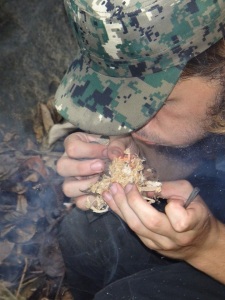





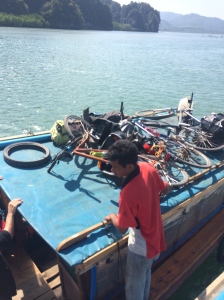
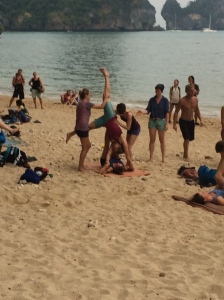
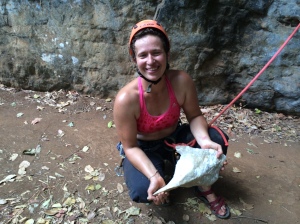
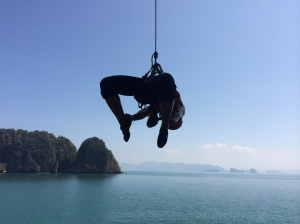
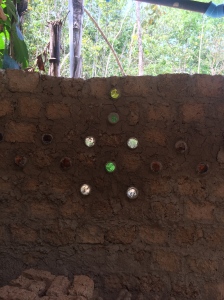
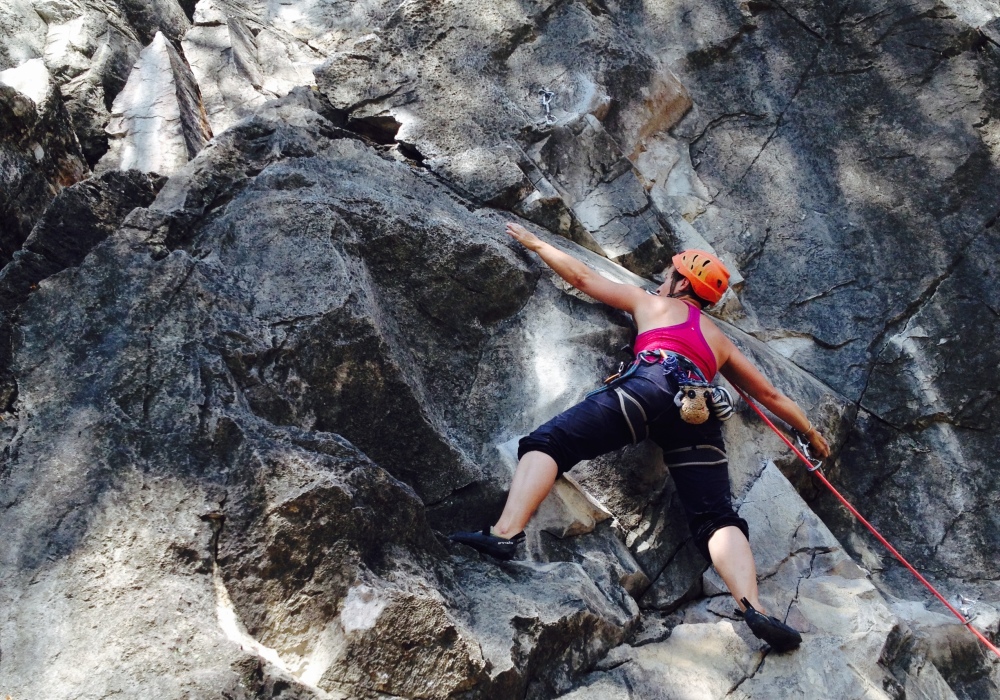
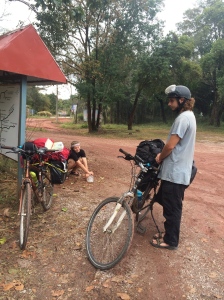
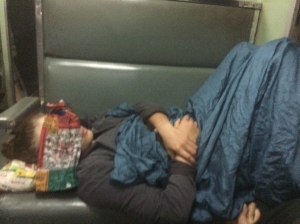
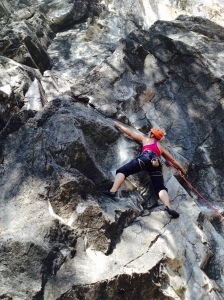
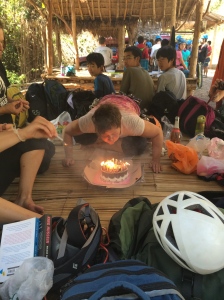
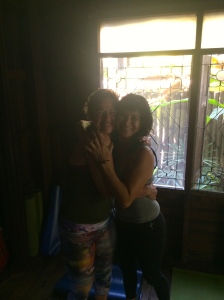
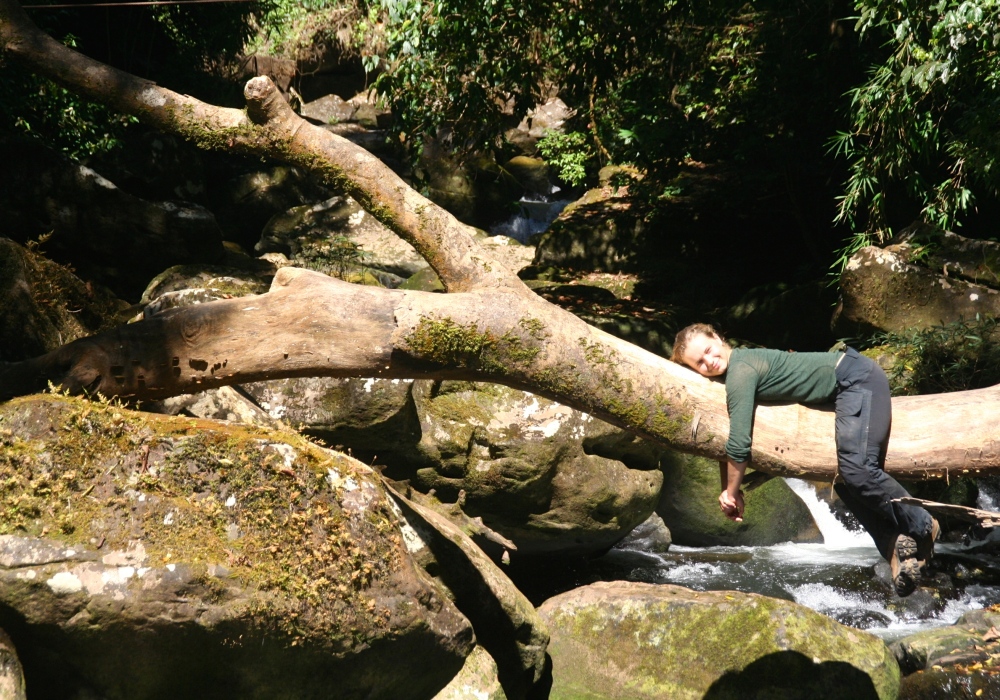
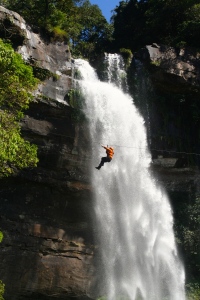
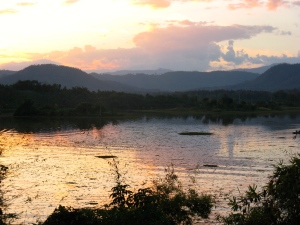
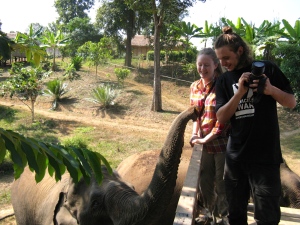
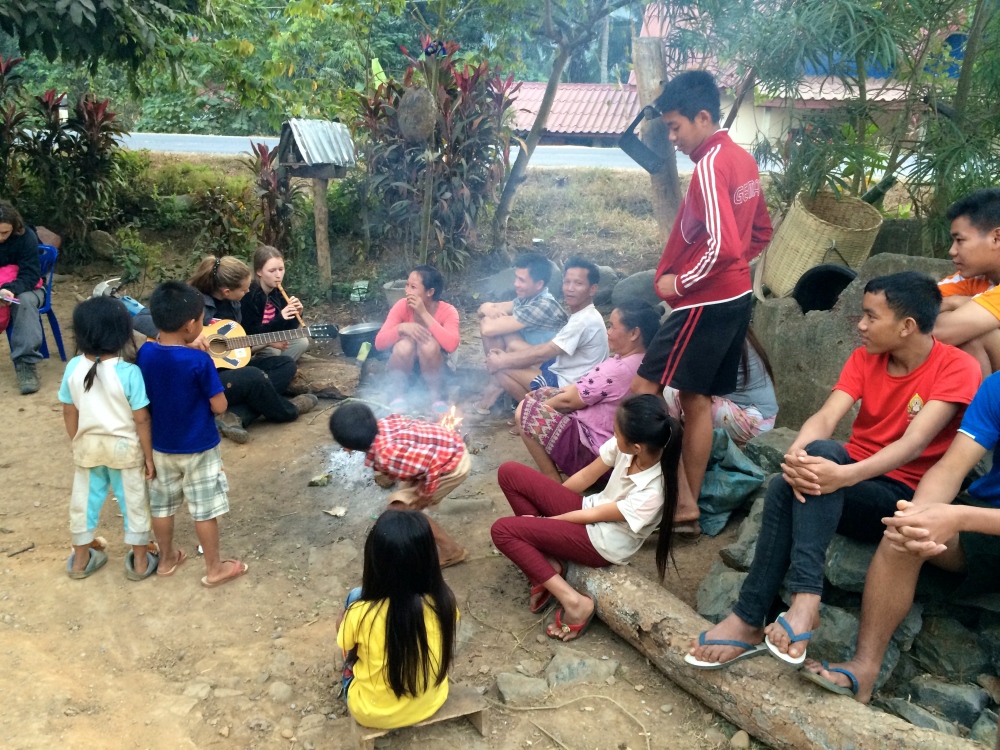
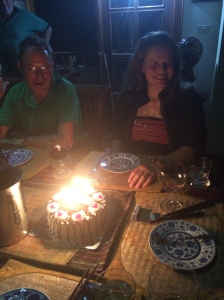
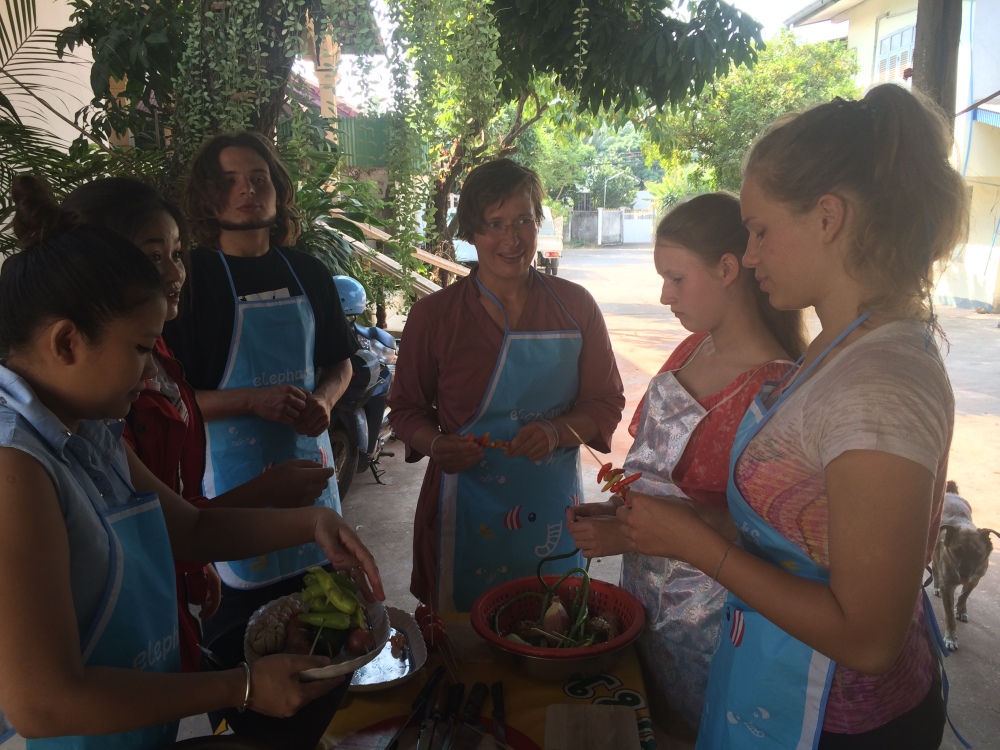

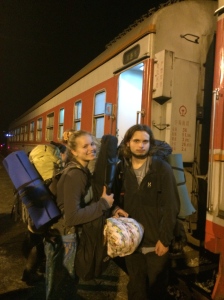
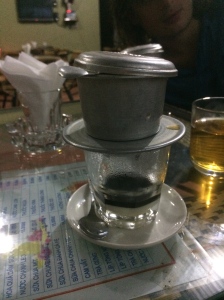
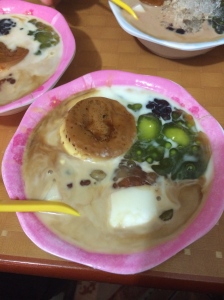 uit juice, mixed with tapioca, coconut milk and ice cubes. The price tag of such a treat is 20.000 VND, or 0,5 Euro.
uit juice, mixed with tapioca, coconut milk and ice cubes. The price tag of such a treat is 20.000 VND, or 0,5 Euro.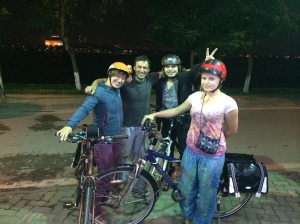
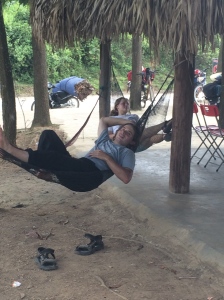
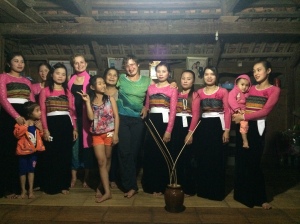
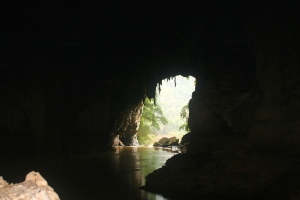 area of Vietnam in 2011, only a few years ago, we booked a 3 day trek of the Tu Lan system, with
area of Vietnam in 2011, only a few years ago, we booked a 3 day trek of the Tu Lan system, with 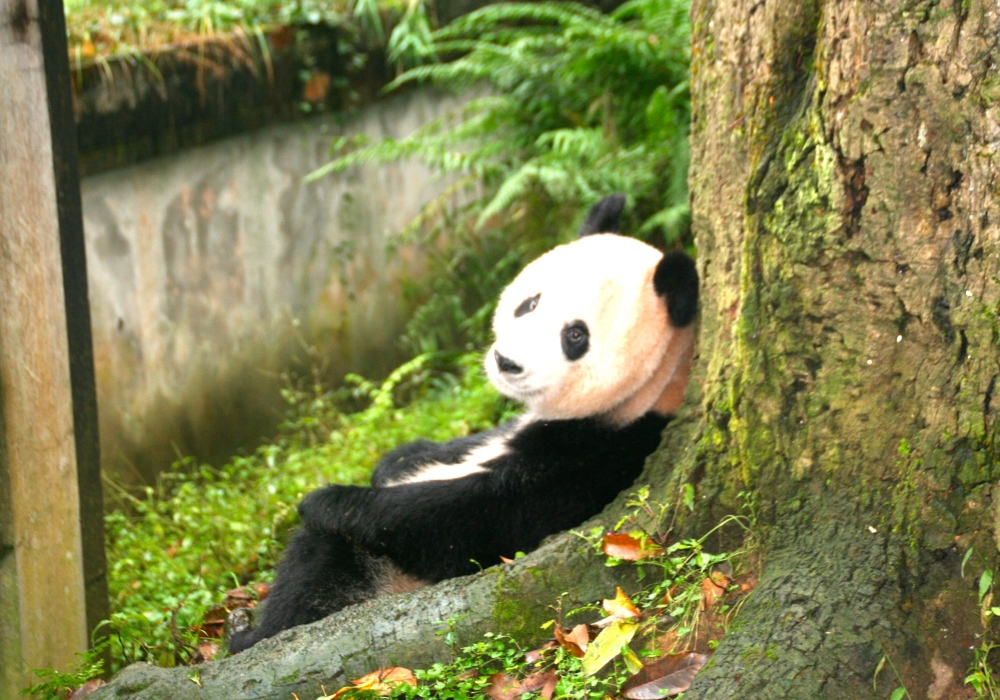
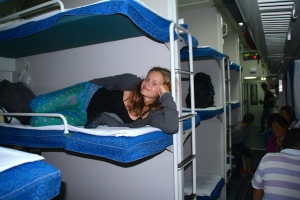
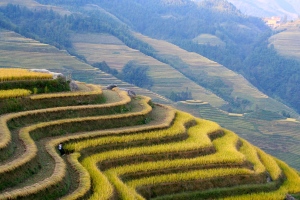
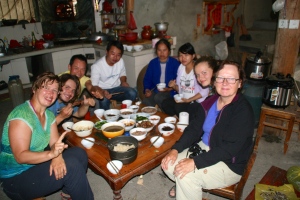
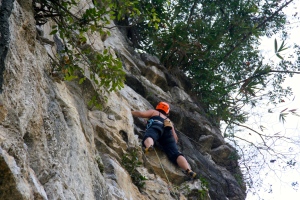

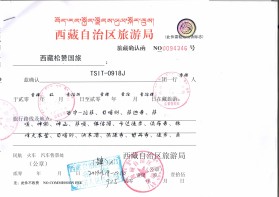 The paper work to obtain these was not for the fainthearted.
The paper work to obtain these was not for the fainthearted.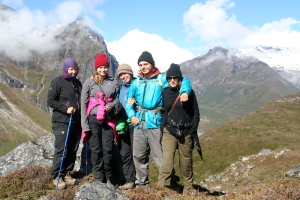
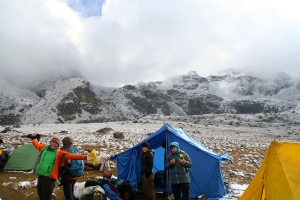

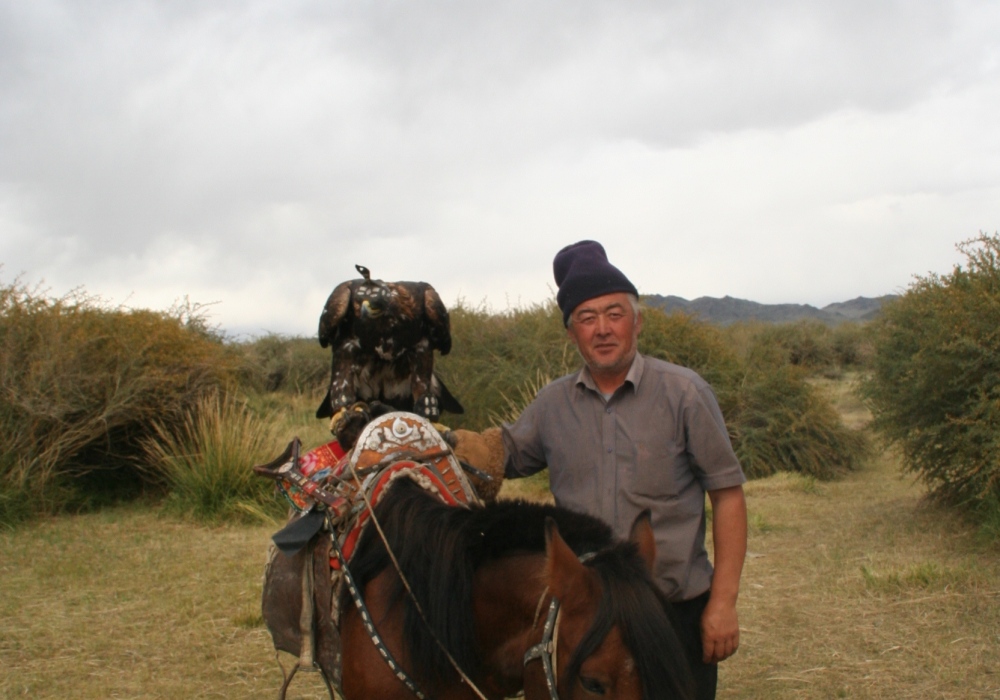
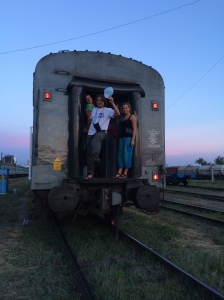
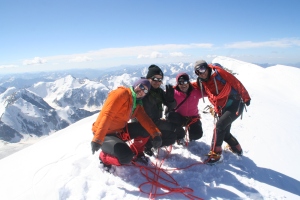
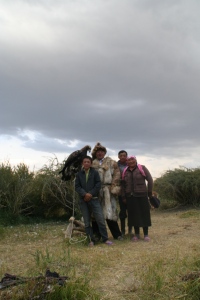
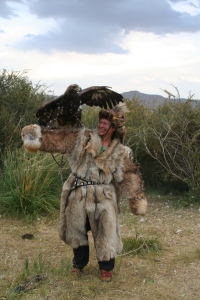
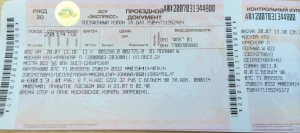
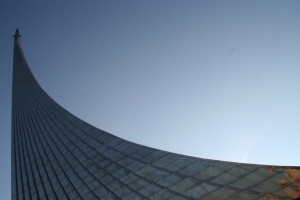
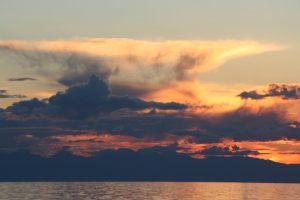
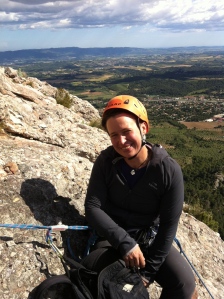
You must be logged in to post a comment.